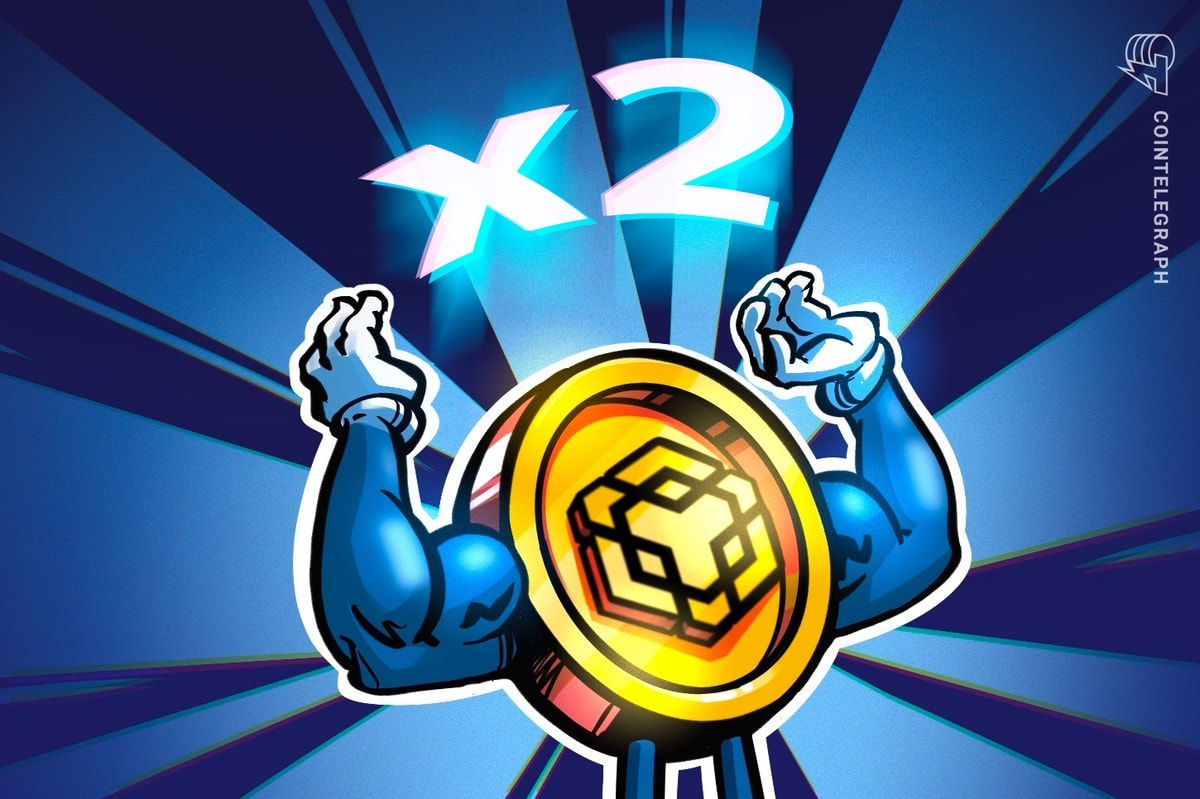According to The Wall Street Journal, a Microsoft spokesperson blamed the recent Crowdstrike failure on a 2009 regulatory deal between Microsoft and the European Union.
The spokesperson claimed Microsoft agreed to give external security developers the same level of access to interact with the software as Microsoft, paving the way for critical bugs.
Patrick Wardle, the CEO of DoubleYou, explained that monolithic ecosystems like Apple’s MacOS are more resistant to such critical errors because of their walled-off architecture. In 2020, Apple revoked similar security clearances for its operating system, insulating it from third-party security failures and coding conflicts.

The failure that brought the world to its knees
Between July 18 and July 19, the world was hit by what has been called “the largest information technology outage in history." The IT blackout affected roughly 8.5 million Windows systems worldwide, halting operations at financial institutions, airports, emergency services, and media broadcasting networks.
At the center of the crash was an upgrade bug related to third-party security firm CrowdStrike. In an update, CrowdStrike CEO George Kurtz stressed that the downtime was not due to a hack or malicious exploit and directed users to interact with official Crowdtrike support channels and update their affected software through the security firm’s portal. The CEO also reassured the public that the issue had been identified and fixed.
Related: Crypto firms’ vulnerability to CrowdStrike blackout: Analyst insights
Decentralized blockchain architecture solves this
In the wake of the critical systems failure, the crypto community took to social media to highlight how distributed computing systems immunize against security vulnerabilities inherent in centralized systems.
Jameson Lopp, co-founder of Bitcoin wallet service Casa, used the high-profile outage to illustrate why Bitcoin's core software does not auto-update, explaining that “Auto-updates introduce systemic risk.”
Senator Cynthia Lummis, a longtime advocate of decentralized technologies, echoed comments made by blockchain software developers. The GOP lawmaker cited Bitcoin's resiliency during the critical software meltdown as evidence of superior architecture, compared to current centralized systems featuring single points of failure and other performance bottlenecks.
Magazine: NFT Creator, The Sarah Show: Analog childhood meets dizzying digital future.











